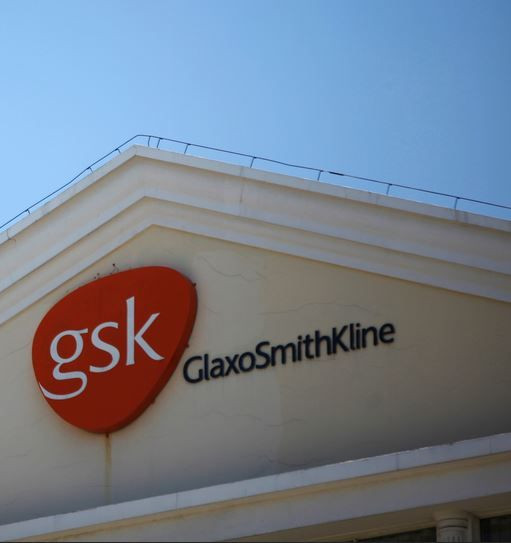GlaxoSmithKline Enters The Venture Capital Fray, Invests In Bioelectronics

GlaxoSmithKline (GSK), a global business focused on pharmaceuticals, vaccines, and consumer healthcare, announced today that it has entered the venture capital field. Having established a Bioelectronics R&D unit last year, GSK is now further articulating its ambition of finding and collaborating on promising research within the field of bioelectronic medicines.
Through Action Potential Venture Capital (APVC) Limited, a new $50 million strategic venture capital fund, GSK will invest in medicines and technologies “that speak the electrical language of our body," according to a press release from GSK.
“GSK can play the integrating role that is needed to drive this new type of medical treatment all the way from the bench to the patient and this fund is a key part of our efforts,” said Moncef Slaoui, chairman of R&D and architect of GSK’s early-stage investment strategy, in a statement released to the press.
Action Potential Venture Capital, which will be based in Cambridge, Mass., named as its first partner Imran Eba, who has forged a career in the areas of business development and investment, acquisitions, financial valuations, risk management, and assurance. GSK stated that it hopes to create new bioelectronics medicines ready for approval by the end of this decade.
What is bioelectronics?
The field of bioelectronics is the intersection of electrical engineering, biology, physics, chemistry, and materials science. Examples of bioelectronic products include cardiac pacemakers and blood glucose meters. These devices are based on the idea that electrical impulses, which travel along the fibers and neurons of the nervous system and control the body’s functions and organ systems, can be manipulated. By modulating the signaling patterns of groups of individual neurons or their nerve fibers, micro-scale devices may be able to restore damaged or diseased biological processes within the body.
On its website, GSK makes the statement, “We believe bioelectronic medicines could allow us to address some diseases that have so far been untreatable, and others with greater precision and fewer side effects than with conventional molecular medicines.” The name of the fund, ‘Action Potential,’ comes from the name of electrical signals that pass along the nerves. Scientists understand that a range of diseases is accompanied by irregular or altered patterns of these impulses, and so by creating miniaturized devices that read, change, or generate electronic impulses, it might be possible to treat disorders as diverse as inflammatory bowel disease, rheumatoid arthritis, asthma, and type 2 diabetes.
“We want to help create the medicines of the future and be the catalyst for this work,” said Slaoui.
First Investment
Although GSK's intention is to build a portfolio of five to seven companies over the next few years, the fund’s first investment, GSK stated in a press release, will be in SetPoint Medical, a California-based company.
On its website, SetPoint describes itself as “a biomedical technology company developing neuromodulation therapies for patients with inflammatory autoimmune diseases, such as rheumatoid arthritis and Crohn's Disease.” The company’s particular spin on bioelectronics medicine uses an approach of vagus nerve stimulation. The longest of the cranial nerves, the vagus nerve, extends from the brain stem to organs in the neck, thorax, and abdomen. Stimulation of the vagus nerve activates the inflammatory reflex, which, according to the company, “produces a potent systemic anti-inflammatory effect.”
Along with its investment in SetPoint, GSK has planned other measures, financial and otherwise, that will help it create an entire ecosystem to support exploratory research and product translation in the field of bioelectronic medicines and technologies.
Through Action Potential Venture Capital, the company has made venture capital transactions for some time. For instance, in its 2012 annual report, GSK notes that it “made cash contributions of £39 million into the Shionogi-ViiV Healthcare joint venture prior to its acquisition as a subsidiary and made cash investments of £19 million into a new joint venture,” of which it holds a 50 percent share.
GSK, based in Middlesex, England, reported £41,475 million in total assets as of December 31, 2012.
Published by Medicaldaily.com



























